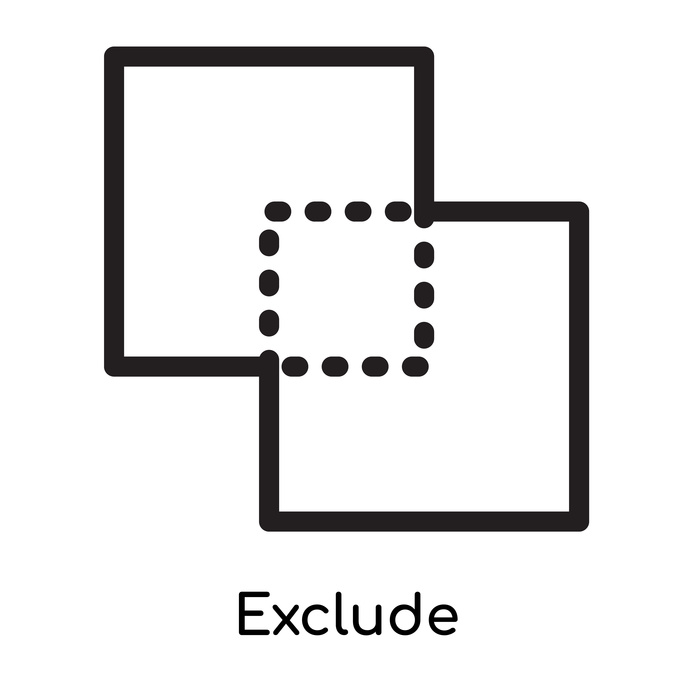Some debts you may want to carve out of your bankruptcy discharge. Debts that for one reason or another, you really WANT to pay after your bankruptcy.
I get it.
There are ways to properly exclude a debt from discharge and ways to screw it up.
The first way that folks try is simple, and also ineffective: just not list the debt in the bankruptcy schedules.
For all the reasons we explored earlier, omitting a creditor doesn’t always work.
Plus, the omission constitutes perjury, a federal crime. There has to be another, legal way, to pay debts you want to pay.
Paying voluntarily is OK
Absolutely nothing in bankruptcy law keeps you from voluntarily repaying a debt that is legally discharged. Bankruptcy Code 524(f).
In fact this is my recommended approach to taking care of unsecured creditors after discharge.
Voluntary payments create no legal obligation to keep paying a discharged debt. If your circumstances change or other expenses become more important, you can stop paying without legal consequences.
Reaffirmation brings certainty
The Bankruptcy Code provides an elaborate procedure for reaffirming a pre bankruptcy debt. Reaffirmation comes with a review by a bankruptcy judge to make sure the decision to reaffirm is both voluntary and in the debtor’s best interest. If the proposed payment is too high relative to the debtor’s income, the judge may decline to approve a reaffirmation.
Reaffirmation agreements need to be filed with the court before the discharge is entered, which is usually a bit more than 60 days from the date of the first meeting of creditors.
After the 2005 Bankruptcy Amendments, reaffirmations became more critical when it came to car loans.
BAPCPA, mistakenly labeled bankruptcy “reform”, allowed car creditors to repossess cars after the discharge even when the payments were current. The claim was that without a reaffirmation, the car creditor was at risk of loss when the debtor had no personal liability for the car loan.
But, in a delicious turn of judicial interpretation, most courts have held that the debtor’s willingness to reaffirm, shown by signing a reaffirmation agreement, protects a car with current payments from repossession. So, even if the court doesn’t approve the reaffirmation agreement, the lender can’t repossess as long as the payments stay current.
Debts where reaffirmation not needed
Remember that not all debts are dischargeable. Some debts simply survive bankruptcy because of the kind of debt they are.
Think
- child support
- recent income taxes
- student loans
Then there are debts where personal liability is discharged, but the lien lives on as a charge on an asset you want to keep:
- home loans
- car loans
- secured business debt
Neither the debtor nor the creditor needs to do anything to permit the debtor to continue paying down the debt.
Talk it over with your bankruptcy attorney so you know who and how you can pay on some debts after your discharge.






